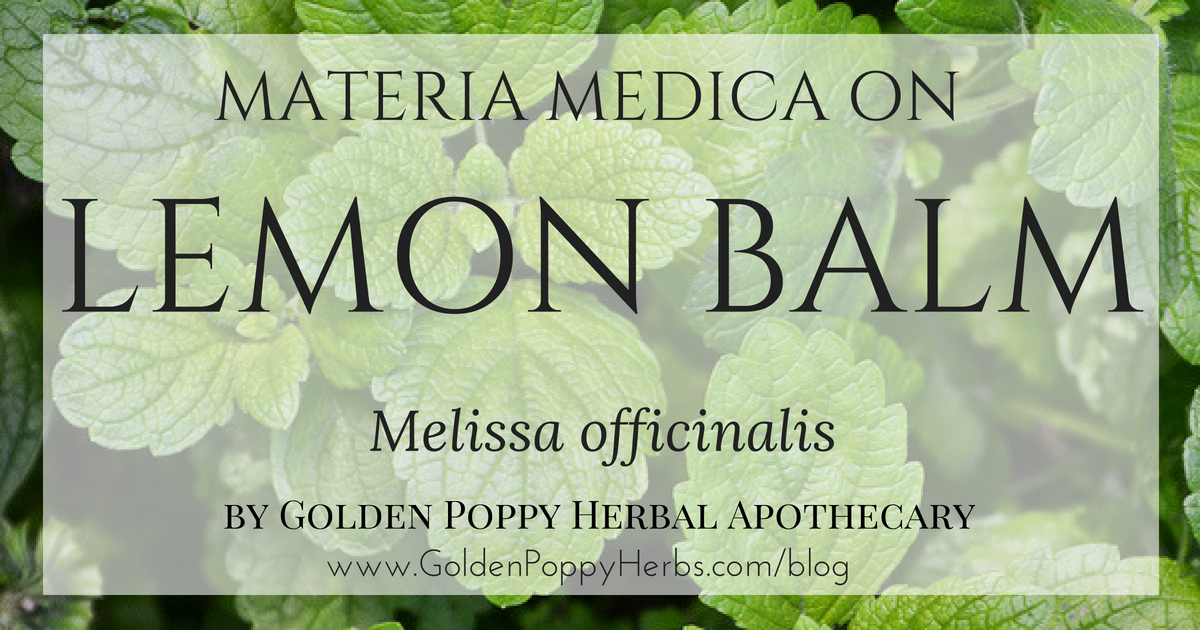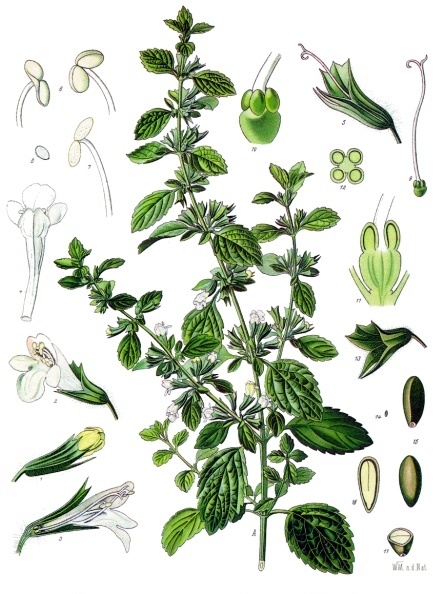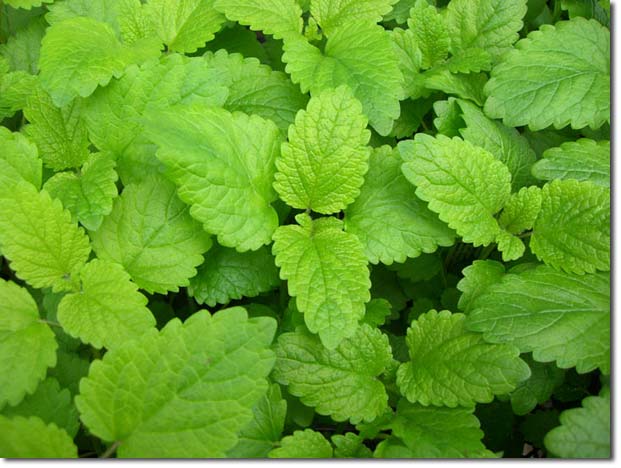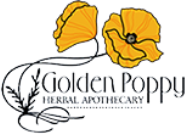 "Lemon Balm causeth the mind and the Heart to be Merry” stated Avicenna, the great Arabic physician (1). Originally from southern Europe, Western Asia, and northern Africa, Lemon Balm now grows throughout the world and is a common garden plant. The best time to harvest Lemon Balm is early summer onward but before it flowers. Lemon Balm is a perennial growing to about 5 feet tall with tiny white flowers and deep veined and toothed leaves. (3) It is know to take over a garden if left unattanded, so perhaps try planting it in a pot to keep it in check, unless you want a lemon-balm field for a backyard. Lemon Balm has been used as medicine as far back as in Ancient Greece and Rome. The Carmelites used Lemon Balm to make a reviving wine in the 17th Century. The leaves of Lemon Balm rubbed on wood produced a nice shine. Beekeepers attract new bees and keep bees established through rubbing Lemon Balm inside beehives. (1)
"Lemon Balm causeth the mind and the Heart to be Merry” stated Avicenna, the great Arabic physician (1). Originally from southern Europe, Western Asia, and northern Africa, Lemon Balm now grows throughout the world and is a common garden plant. The best time to harvest Lemon Balm is early summer onward but before it flowers. Lemon Balm is a perennial growing to about 5 feet tall with tiny white flowers and deep veined and toothed leaves. (3) It is know to take over a garden if left unattanded, so perhaps try planting it in a pot to keep it in check, unless you want a lemon-balm field for a backyard. Lemon Balm has been used as medicine as far back as in Ancient Greece and Rome. The Carmelites used Lemon Balm to make a reviving wine in the 17th Century. The leaves of Lemon Balm rubbed on wood produced a nice shine. Beekeepers attract new bees and keep bees established through rubbing Lemon Balm inside beehives. (1) 
MATERIA MEDICA: LEMON BALM
Latin name: Melissa officinalis Family: Lamiaceae, Mint family
Geographic Distribution: Widespread throughout world, favoring human-made meadows and disturbed ground.
Botanical Description: Lemon balm is a perennial with a square stem (like all mints), simple lobed or non-lobed toothed leaves which are opposite. The flowers are usually white but often pink and yellow, and are held in a little tube-like cup.
Key Constituents: Volatile oils, flavonoids, polyphenols, tannins, triterpenic acids (Hoffmann, 2003).
Harvesting Guidelines: Harvest aerial parts just before flowers open which is when volatile oils are at their strongest concentration. (4)
Parts used: leaves

Taste: Refreshing, Sweet, Astringent, Sour
Energy: Cooling, Slightly Drying
Actions: diaphoretic, calmative, antispasmodic, sedative, carminative, emmenagogue and stomachic. (4)
- Tea: 1-2 teaspoon(s) of dried lemon balm in 1 cup of hot water, infused for 10-15 minutes (drink 2-4 cups/day).
- Tincture: 20-40 drops 2-3 times daily
- Essential oil: topically with a carrier oil as needed (3)
- Lemon Balm is a great herb to help ease stress and calm those with anxiety and a nervous stomach. It helps to calm the digestive track and feeling of nausea for those experiencing those symptoms due to stress.
- In essential oil form Lemon Balm can help to clear herpes simplex virus, type 1 and 2 outbreaks.
- Applied topically as an infused oil or poultice, lemon balm can aid in the treatment of chicken pox and shingles. (3)
- For children it can be a great nighttime herb to help ease tension, aid for good sleep and can help prevent nightmares. (1)
- Magically Lemon Balm is used to protect and to attract love. (1)



